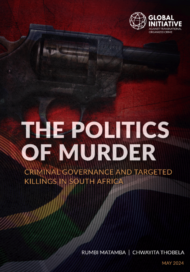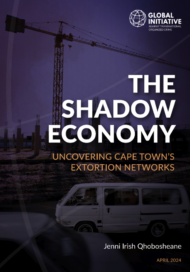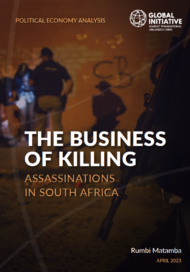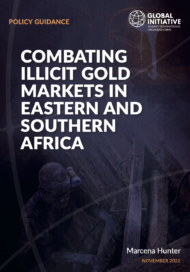Posted on 17 Jul 2024
The South African public transport sector is facing a critical crisis, marked by escalating violence and extortion within the taxi industry. This report delves into the dynamics behind these troubling incidents, shedding light on the severe impact they have on bus companies and the broader public transport ecosystem.
Since 2015, the Intercape Ferreira Mainliner bus company has experienced over 176 attacks, highlighting the pervasive nature of violence linked to the taxi industry. These attacks include stonings, shootings, and acts of intimidation, creating a climate of fear and insecurity for passengers and operators alike. The violence is not isolated, but part of a broader campaign of economic coercion and extortion aimed at controlling the transport market.
The taxi industry’s aggression towards long-distance bus companies stems from intense competition over routes and pricing. Taxi operators argue that bus companies, with their extensive networks and competitive pricing, are undermining their business. In response, some actors within the taxi industry resort to violent tactics to enforce their demands, including dictating where buses can stop and what prices they can charge. This extortion threatens economic freedom and disrupts the stability of the public transport system.
The report reiterates that the violence and extortion tactics employed by the taxi industry amount to organized crime. Despite numerous court orders and high-profile cases, the state’s response has been inadequate. Law enforcement and political bodies often show reluctance to intervene, partly due to complex relationships with the taxi industry. This lack of decisive action perpetuates the cycle of violence and undermines the rule of law.
To combat this crisis, the report recommends several critical actions:
- Prosecution of Coordinated Attacks: Treating violent incidents as organized crime under the Prevention of Organized Crime Act (POCA).
- Comprehensive Investigations: Multi-organizational task forces should investigate extortion in the public transport sector.
- Engagement and Dialogue: Convening high-level panels involving all stakeholders to find peaceful resolutions to disputes.
The report underscores the urgent need for a coordinated, robust response to the violence and extortion plaguing South Africa’s public transport sector. By addressing these issues head-on, the state can restore safety, uphold economic freedom, and reinforce the rule of law, ensuring a secure and stable environment for all public transport users.




